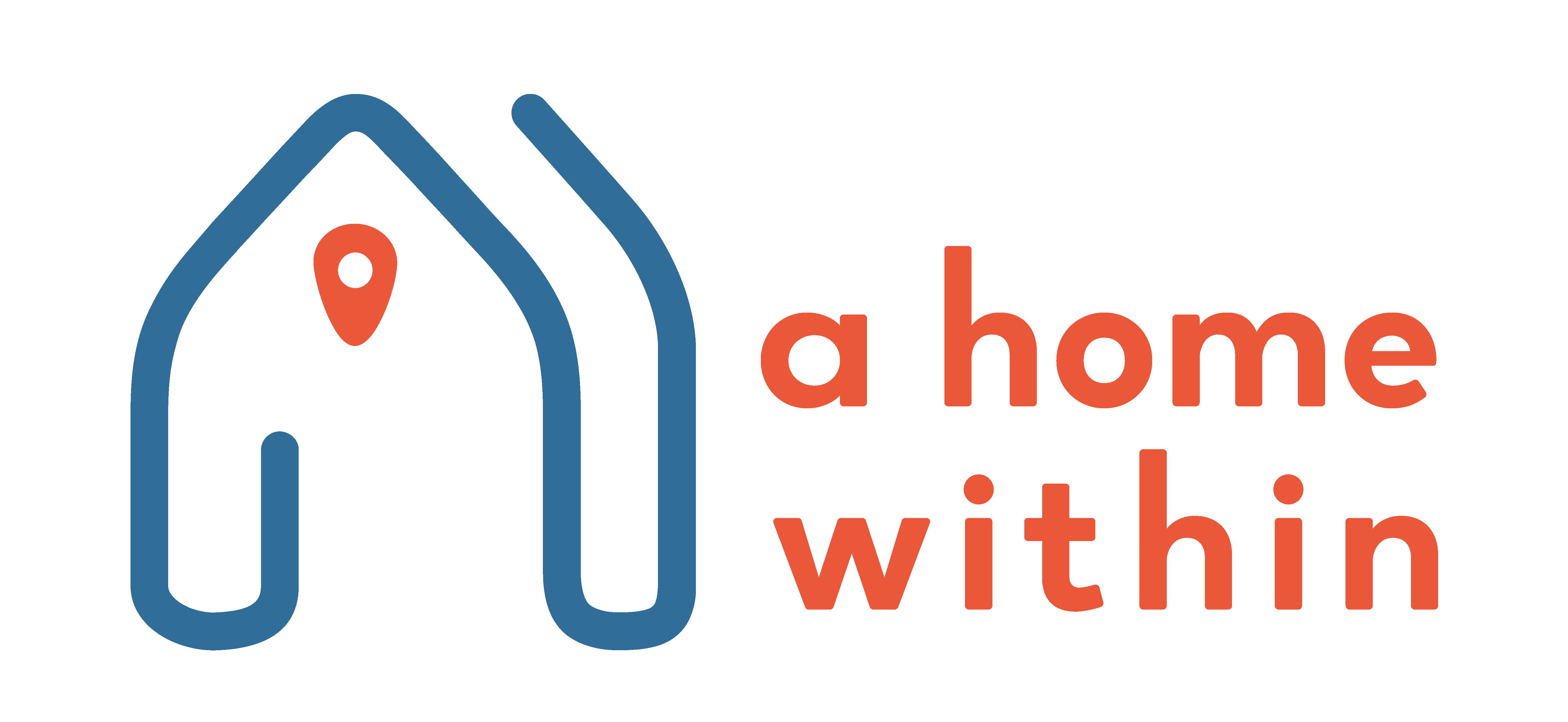Information Hub / BlogProtecting Young Parents
Many years ago I was asked to make a recommendation to the court about the fate of a toddler whose mother had been raised in foster care. Mother and daughter arrived at my office and immediately headed for a basket of toys. Sadly, the mother was more interested in playing with the toys herself than in helping or enjoying her daughter’s play. Over several sessions over a number of weeks, it became painfully clear that this young woman was totally unprepared for parenting and, sadly, seemed unable to use any help that others or I offered. If her parental rights were terminated, chances were very good that she would have another baby and end up repeating an evaluation in a matter of a couple of years. If they were not, her daughter would most likely grow up in foster care with intermittent returns to her mother during protracted attempts at reunification and family preservation.
Imagine yourself in a similar situation—a sixteen-year-old girl—with a six-month-old baby. As an adolescent you are developmentally on track if you are working to define yourself as a person in relationship to your family, friends, and community. It takes years of experimentation with different ways of being in the world until the uncertainties of adolescence gradually coalesce into the more comfortable sense-of-self that begins to unfold in early adulthood. That’s all fine for the sixteen-year-old, but what about the baby?
The six-month-old is also trying to figure out how she fits into the world. She is learning to recognize different physical and emotional states and to signal her needs to her caregivers with increasing accuracy. Although she is busy exploring the world, developmentally, she sees herself at the center of the world and, as such, expects that her needs and desires should be first and foremost.
Of course, as a teenager, her mother is also preoccupied with her own needs and desires; this is part of the developmental process of self-discovery. Adolescence is hard; parenthood is hard; adolescent parenthood is even harder. Teen parents who have grown up in foster care and face both adolescence and parenting without parents to guide them are facing a formidable task, indeed. It is hardly surprising that the children of these young parents are five times more likely than other children to enter the foster care system.

Photo courtesy of storyvillegirl
Over the last few years important legislation has recognized the need for late teens and young adults to have the safety net of foster care beyond the age of eighteen. However, that system now finds itself responsible for the young parents who are among that group and there are many; fifty percent of young women in foster care will be parents by the age of twenty-one.
California’s State Senator Leland Yee and the John Burton Foundation are to be congratulated for their work on legislation to help address the unmet needs of this population, including providing subsidized childcare so that parents can complete their education and improve their chances of moving themselves and their children out of poverty. Of equal importance is the provision of education about sexual and reproductive health, which has been shown to decrease the chances of subsequent pregnancies.
As the child welfare system works to educate caseworkers, transitional housing staff, and others working with youth in extended foster care, they must now meet the additional challenge of offering training and support to the adults working to help young parents and their children. It is crucial that the adults charged with supporting young parents have education about the changing developmental needs of infants, toddlers, and preschoolers as well as the needs of their parents, who are entitled to attention to their growth and development along with parenting support.
These are beginnings. But we must remember that the neither the young parents in foster care nor their children can afford for us to take baby steps. We must make courageous strides if we are to break this cycle of loss.
By Toni Heineman
